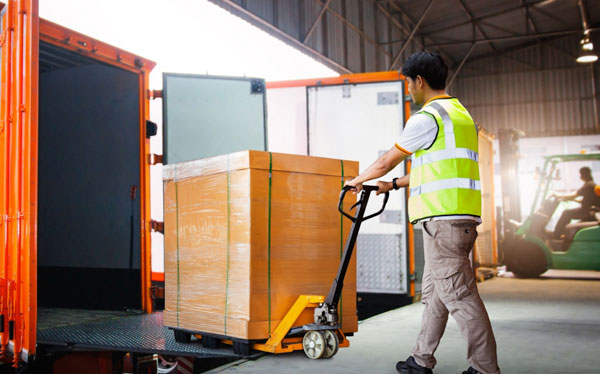
Tariffs and Trade: What Wyandotte County Businesses Need to Know
May 21, 2025
In a world increasingly shaped by international trade policy, the conversation about tariffs often feels distant, something happening in Washington, D.C., or across oceans. But the real impact is much closer to home. In Wyandotte County, KS, logistics hubs hum with activity, manufacturers assemble goods for national distribution, and small businesses rely on affordable imports to remain competitive. A change in tariff policy can significantly ripple across the local economy.
What Is a Tariff, and Why Should You Care?
At its core, a tariff is a tax on imported goods. Governments impose tariffs to protect domestic industries or to influence trade balances. While that might sound like a high-level economic strategy, the effect lands directly in the loading docks, warehouses, construction sites, and storefronts of Wyandotte County.
Tariffs can lead to higher materials, parts, and finished goods costs. For consumers, that can mean higher prices. For businesses, it can mean tighter margins, delayed projects, or the need to pivot sourcing strategies altogether.
The Broader Economic Picture
Nationally, tariffs can disrupt supply chains and shift global trade alliances. While they might temporarily bolster some domestic producers by shielding them from foreign competition, they can also prompt retaliatory tariffs from trading partners, which can restrict access to overseas markets for American-made goods.
Increased costs at one end of the supply chain are often passed down the line, affecting everything from the price of steel to the cost of finished housing developments. For small businesses, even slight increases in input costs can be make-or-break.
Wyandotte County: Local Stakes, Global Impacts
Wyandotte County is located at the crossroads of major interstates and rail lines, making it a natural logistics and manufacturing hub. However, this also means it's directly exposed to shifts in trade dynamics.
- Logistics: Freight companies and distribution centers may see reduced volume or altered shipping patterns as businesses try to sidestep tariffed goods.
- Manufacturing: Local manufacturers sourcing raw materials or components from overseas may face rising input costs, forcing price increases or operational cuts.
- Housing Development: Tariffs on lumber, steel, aluminum, or appliances can drive up construction costs, delay builds, or shrink margins for developers.
- Small Businesses: Retailers, specialty shops, and service providers that rely on imported goods or parts can be caught between higher costs and customers unwilling to pay more.
How Businesses Can Prepare
Uncertainty in trade policy isn't new, but resilience is built through preparation. Businesses in Wyandotte County can take proactive steps to minimize the impact of tariff changes:
- Audit Supply Chains: Identify where international dependencies exist and evaluate which products are most exposed to tariff increases.
- Diversify Sourcing: Where possible, consider domestic alternatives or a broader base of suppliers to reduce reliance on any single country or region.
- Monitor Trade Developments: Stay informed about proposed tariffs and trade negotiations that may affect key industries.
- Explore Cost Efficiencies: Use potential tariff impacts as a catalyst to streamline operations and improve long-term efficiency.
- Lean on Local Resources: Collaborate with regional economic development partners to stay informed and identify new opportunities.
Support Is Just a Call Away
Navigating economic uncertainty takes partnership. The WYEDC is here to support local businesses through shifting economic conditions.

